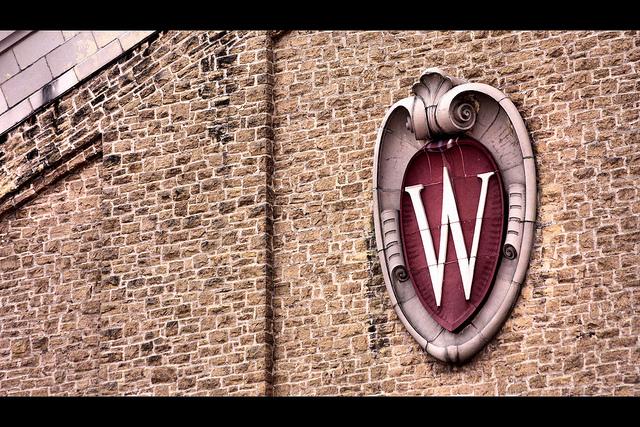Few governors in recent memory have had as big of an impact on a major state university system as Gov. Scott Walker.
Throughout his tenure, Walker has attempted to fundamentally change the fiscal operations and policies of the University of Wisconsin System. During his second term, he refocused his efforts and pushed initiatives through to make college more affordable. The governor, along with a Republican-controlled Legislature, also passed bills last year to cut UW System funding by $250 million and imposed in-state tuition freezes.
$250 million cut to UW System remains as Assembly passes state budget
“Walker’s top priority for higher education reform has been on helping Wisconsin students and working families to afford a great college education,” Laurel Patrick, Walker’s spokesperson, said.
UW System faculty, educational policymakers and state Democrats heavily criticized these policies, contending the legislation would hurt the system and threaten UW’s position as one of the top institutions in the country.
Budget papers reveal UW-Madison, UW-Milwaukee will take biggest cuts
“Wisconsin has gained a reputation as having a Legislature and a governor that are hostile to the mission and values of public colleges and universities,” Thomas Harnisch, state relations and policy analysis director for the American Association of State Colleges and Universities, said in the Wisconsin State Journal.
Despite these critiques, Walker deserves credit for attacking a problem many students attending UW face with increasing severity.
According to UW’s Data Digest, academic year tuition and fees for in-state residents increased from $5,866 in 2004-2005 to $10,403 in 2013-14, the year Walker’s tuition freezes took into affect. That is a 77 percent increase.
Over the same time period, out-of-state students have had to absorb a 34 percent increase, with tuition and fees rising from $19,866 to $26,653.
One reason behind the unsustainable growth in tuition has been the continuous increase in university spending over the last few decades. According to the Academic Planning and Institutional Research Department, UW’s budget was $1.25 billion in 1998. That budget has grown to roughly $3 billion in 2016 with a comparable number of students.
Furthermore, the school is currently investing millions in the largest campus construction boom since the 1960s, according to UW’s 2015 Campus Master Plan.
Despite his tangible attempts to reform the system, Walker’s actions are short-sighted. Forced tuition freezes and budget cuts on the system merely serve as a band aid for rising tuition and has put the university system in a precarious financial situation.
Instead, Walker should refocus his efforts on advocating for gradual fiscal reforms.
For example, some states have recently enacted or discussed policies which would require state-funded academic departments to cut their budget by one percent each year to prevent waste and help slow the growth of tuition.
In addition, the governor and his colleagues in the Legislature should propose caps on discretionary spending like non-essential construction projects to encourage responsibility. This would be a less stringent and more efficient plan for Walker to achieve his education platform.
But, these measures would likely face much backlash and require considerable political effort. As state Assembly Speaker Robin Vos, R-Rochester, said so acutely, “I think sometimes a big, unwieldy institution like the university is very resistant to change.”
After decades of unchecked tuition growth, it’s finally time to reform university fiscal policy. While Walker is certainly helping to change the conversation, students deserve responsible, forward-looking solutions from their government and school administration.
Christoph Bruning ([email protected]) is a sophomore majoring in journalism and history.














